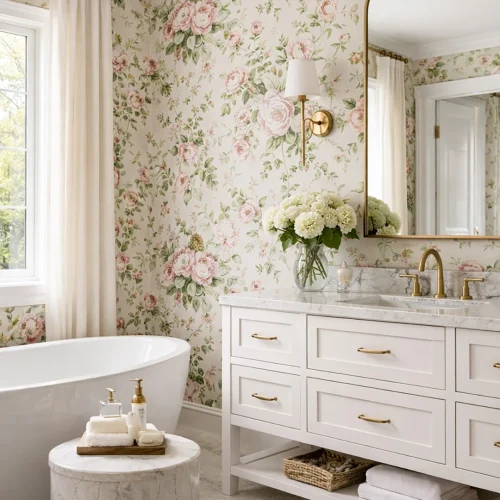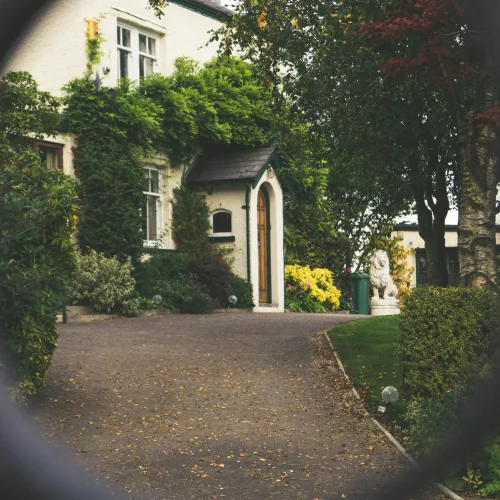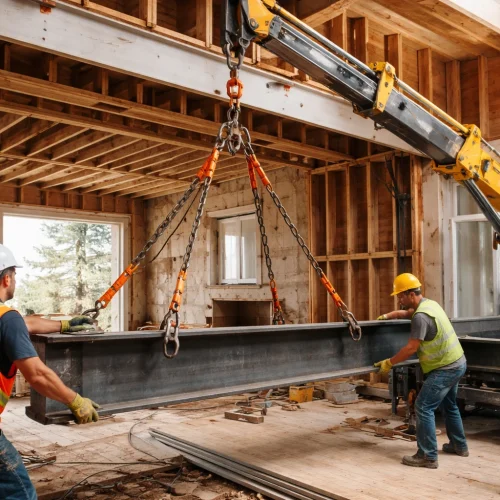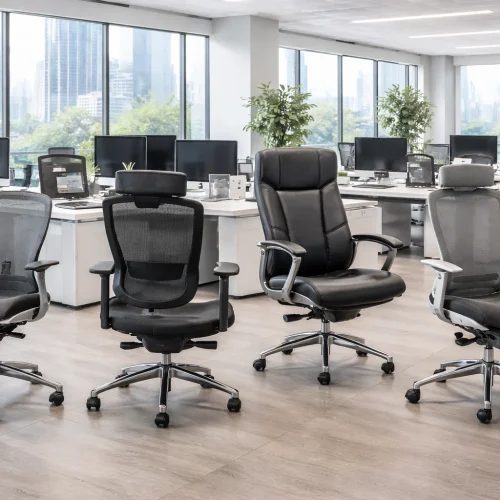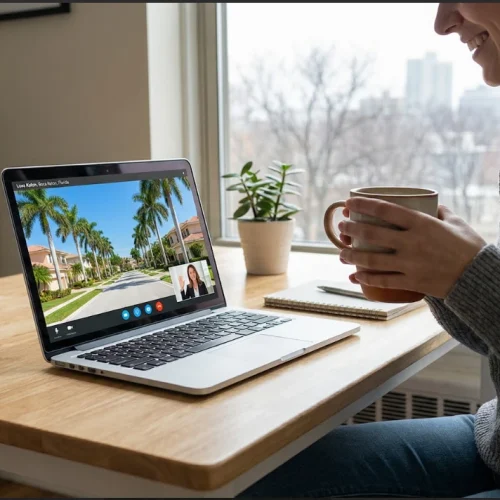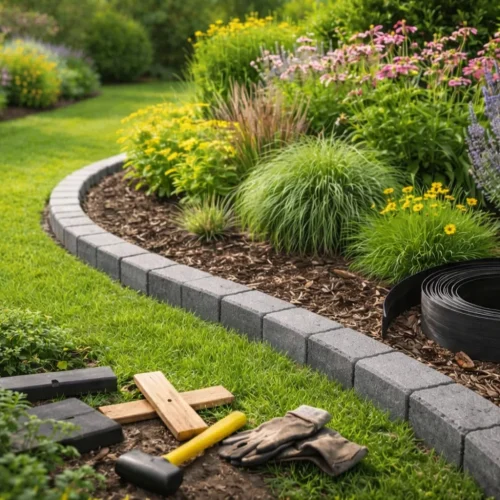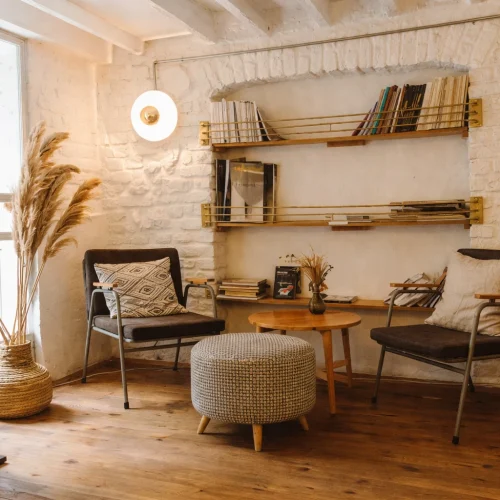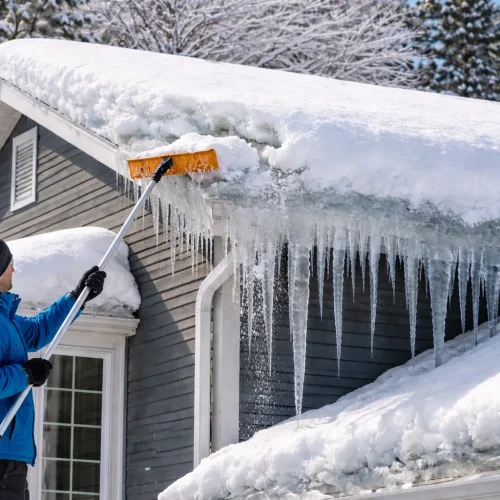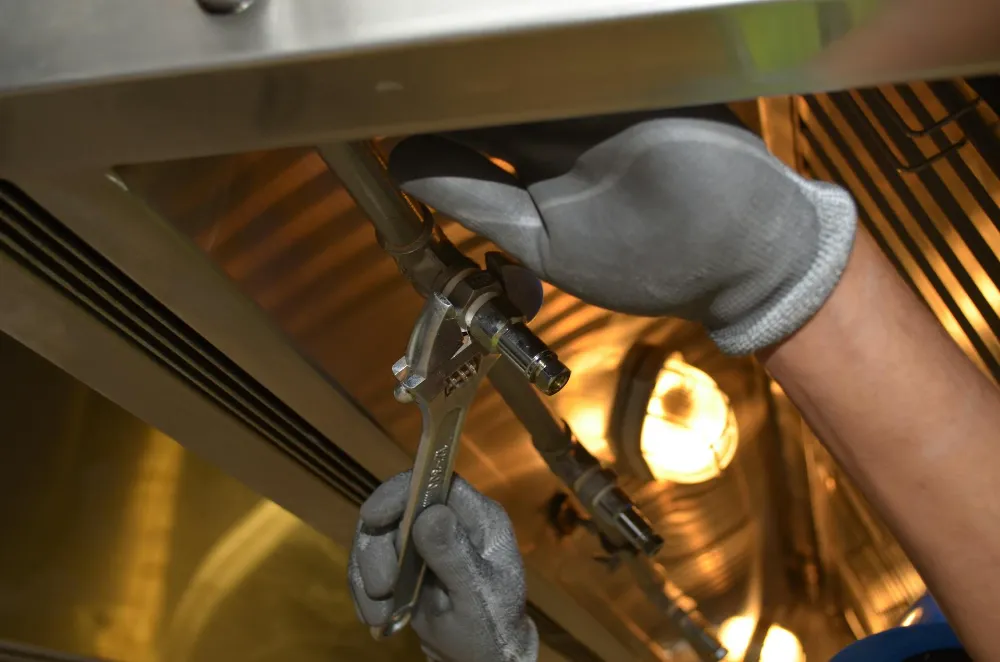
Imagine waking up one morning to the sound of dripping water, only to find a puddle spreading across your kitchen floor. It’s a homeowner’s nightmare, and it’s one that happens far more often than most people realize. Water damage can strike suddenly, whether from a leaky pipe, a faulty water heater, or a hidden plumbing issue behind your walls. But here’s the truth: most water damage isn’t random or unavoidable. It’s usually the result of small plumbing problems that were ignored or went unnoticed for too long.
That’s why regular plumbing maintenance is so important. It’s not just about fixing leaks; it’s about protecting your home, your investment, and your peace of mind. Whether you live in a rural area that depends on well systems or in a busy city with complex plumbing networks, consistent upkeep can save you from expensive repairs down the line. In fact, homes with private water systems rely heavily on properly maintained pumps to keep water flowing smoothly and safely. When these systems are neglected, even a small malfunction can lead to low pressure, leaks, or flooding that damages your property.
By understanding how your plumbing system works and committing to a regular maintenance routine, you can prevent the kind of water damage that ruins floors, weakens foundations, and invites mold growth. Let’s look at how this maintenance works and why it’s one of the best investments you can make for your home.
Understanding Your Plumbing System: More Than Just Pipes
When most people think of plumbing, they picture the visible parts: faucets, sinks, and showerheads. But behind the walls and beneath the floors lies a complex network of pipes, valves, and pumps that keeps water moving safely and efficiently throughout your home. Every component plays a role, from regulating pressure to ensuring wastewater drains properly. This system needs consistent attention, especially if your water comes from a private well.
If you’re noticing low water pressure, unusual noises, or sudden interruptions in your water supply, your pump may need professional service. Having your well pump equipment inspected and repaired promptly helps restore normal water flow, reduce strain on the system, and prevent costly water damage caused by leaks or overflows. Over time, sediment buildup, worn parts, or electrical issues can cause the pump to underperform or fail entirely, leading to inconsistent pressure and potential flooding.
Staying on top of maintenance and repairs ensures the components that move water through your home stay in top condition. When your plumbing system runs efficiently, you protect your property, avoid emergencies, and maintain a steady, reliable water supply for everyday use.
Common Plumbing Issues That Lead to Water Damage
Even small plumbing problems can spiral into major repairs if ignored. Leaky faucets, for example, may seem harmless, but over time, that constant drip can erode surfaces, cause mold, and waste hundreds of gallons of water. Likewise, clogged drains can create pressure in the pipes, leading to cracks or backups that damage your walls and floors.
Water heaters are another common culprit. As sediment builds up at the bottom of the tank, it causes the metal to corrode, eventually leading to leaks or full tank ruptures. Similarly, worn or loose connections in washing machines and dishwashers can result in unnoticed leaks that soak into floors and cabinets.
Each of these issues might seem minor at first glance, but when left unchecked, they can cause significant water damage and costly restoration work. The key is catching these problems before they escalate, which is where regular plumbing maintenance makes all the difference.
The Benefits of Regular Plumbing Maintenance
Routine plumbing maintenance offers both short- and long-term benefits. For starters, it helps detect small leaks, corrosion, and water pressure inconsistencies before they turn into emergencies. This not only prevents expensive water damage but also extends the lifespan of your plumbing system.
You’ll also see savings on your water bills. A single undetected leak can waste thousands of gallons of water each year, driving up costs unnecessarily. When pipes and fixtures are in good condition, your system runs more efficiently, conserving both water and energy.
There’s also peace of mind. You won’t have to worry about waking up to a flooded basement or discovering a burst pipe after a vacation. Regular maintenance keeps your home’s plumbing predictable, safe, and reliable.
Creating a Preventive Plumbing Maintenance Routine
Building a maintenance routine doesn’t have to be complicated. Start by checking your fixtures, pipes, and appliances monthly for visible leaks, corrosion, or water stains. Keep an eye on your water pressure; sudden drops might signal a hidden leak or blockage. Every few months, clean out your drains with non-corrosive cleaners and test your sump pump if you have one.
At least once a year, schedule a professional plumbing inspection. Licensed plumbers have tools and expertise that can detect issues hidden behind walls or beneath floors. They can also check your water heater, well pump, and drainage systems to ensure they’re working efficiently. If you live in an area prone to freezing temperatures, having a plumber winterize your pipes can prevent bursts during cold snaps.
Smart water monitoring systems are another modern tool worth considering. These devices alert you to leaks or unusual water usage instantly, helping you act before small issues cause big damage. By combining DIY checks with professional inspections, you’ll build a strong preventive approach that keeps your home safe year-round.
Conclusion
Water damage is one of the most expensive and stressful problems a homeowner can face, but it’s also one of the most preventable. Regular plumbing maintenance ensures that every part of your system, from faucets and pipes to pumps and drains, works as it should.
By investing a little time and attention in preventive care, you’re not only saving money on repairs but also protecting your home’s structure, safety, and comfort. Don’t wait for a leak or flood to remind you how important your plumbing system is. Take proactive steps today, schedule an inspection, fix small issues promptly, and make maintenance a regular part of your home care routine.
After all, keeping water where it belongs is more than just maintenance; it’s peace of mind.


